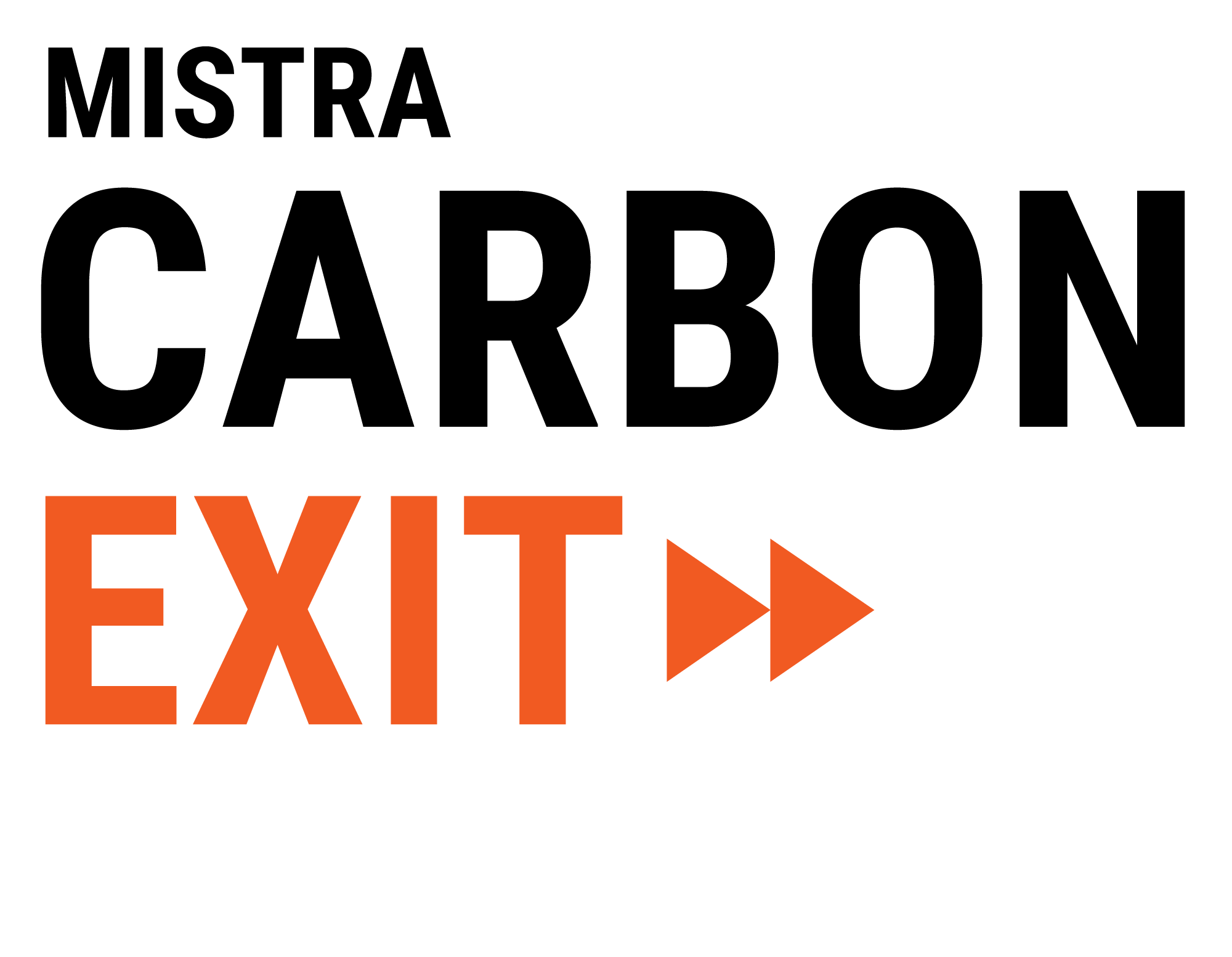Lots of knowledge and enthusiasm during a seminar on climate transition in the built environment
From the left: Ida Karlsson, Stefan Uppenberg, Jeanette Sveder Lundin, Susanna Toller, Niklas Nillroth, Mats Wendel and Marcus Svensson.
Many of the lowest-hanging fruits have already been picked. Now, it’s time to step up efforts to take on the more challenging interventions such as technology shifts and new working methods. The research results from Mistra Carbon Exit provides an important foundation for scaling up accelerating the climate transition in the building and infrastructure sector.
That was one message from participants in Mistra Carbon Exit's seminar Levelling up the climate transition in the built environment, held in Stockholm and online on 18 November 2024.
The seminar is the programme’s way to summarize almost eight years of research on measures to accelerate efforts to reduce GHG emissions in the building and infrastructure construction supply chain.
One of the issues discussed was how to carry forward the lessons learned when the programme ends in spring 2025. What forums exist or can be created to disseminate knowledge that will lead to even more effective climate work in the future?
Ida Karlsson and Lars Zetterberg
Other key points highlighted during the day included:
The importance of harmonizing national and international regulations to accelerate the transition.
The need to strengthen public procurement to drive innovation and increase demand for climate-friendly solutions.
Improved use of digital tools and data as an enabler
The need to accelerate adoption of reuse and circular principles throughout the construction value chain.
The need to improve the calculation of climate measures' impact on new buildings and renovations.
The significance of continuous collaboration across sectors and countries to share lessons learned and accelerate progress.
The agenda for the day was as follows:
Part of the audience.
Welcome and introduction to the programme with Johan Rootzén, IVL Swedish Environmental Research Institute, Ida Karlsson, Chalmers, and Lars Zetterberg, IVL and Programme Manager.
Stefan Uppenberg from WSP talked about the SKUNK project (Systematisk Kunskapsspridning för klimatomställning).
Lisa Henningsson and Léni Litgård-Maot from Uppsala municipality presented how Uppsala works to reduce the climate impact of construction projects.
Sofie Absér and Felix Jansson from Sweco presented together with Sara Nyström, Telge Återvinning. They talked about an example project: the expansion of the Tveta Recycling Centre, where they had used methods developed within Mistra Carbon Exit and, doing so, reduced the climate impact by 90 per cent.
During a panel discussion, Sofie Absér, Sweco, Johanna Norlin, Svensk Byggtjänst, Lilly Rosander, Byggherrarna and Åsa Fritioff, Stockholm City, discussed how to move forward to accelerate climate action. Stefan Uppenberg, WSP, moderated the discussion.
During the afternoon, Patricia Urban, CEPS and Ida Karlsson, Chalmers, presented on Sufficiency in the built environment.
Helle Redder Momsen, Leader of the Secretariat for Nordic Sustainable Construction, Social- og Bolistyrelsen in Denmark, gave Danish experiences on the theme of accelerating efforts to reduce the carbon footprint and improve circularity in construction.
This was followed by a round table discussion led by Ida Karlsson, Chalmers, titled Sufficiency – How do we move forward?
Susanna Toller, The Swedish Transport Administration, Jeanette Sveder Lundin, Skanska, Niklas Nillroth, Volvo CE, Mats Wendel, Peab Asfalt, Stefan Uppenberg, WSP and Marcus Svensson, Byggvesta, participated in a panel discussion named Mistra Carbon Exit Recap and the road ahead?
Johan Rootzén and Ida Karlsson concluded the seminar, thanking participants for their engagement and willingness to share experiences and future leaning ideas. They encouraged everyone to keep up the great work and to continue finding ways to collaborate and sharing knowledge and inspiration beyond March when the research program finishes.
You can download the presentations and the results from the seminar's Menti surveys here: https://drive.google.com/drive/folders/1YQspZNq1lTnL2Wk9QrPwveGvfqeIKVuZ?usp=sharing




